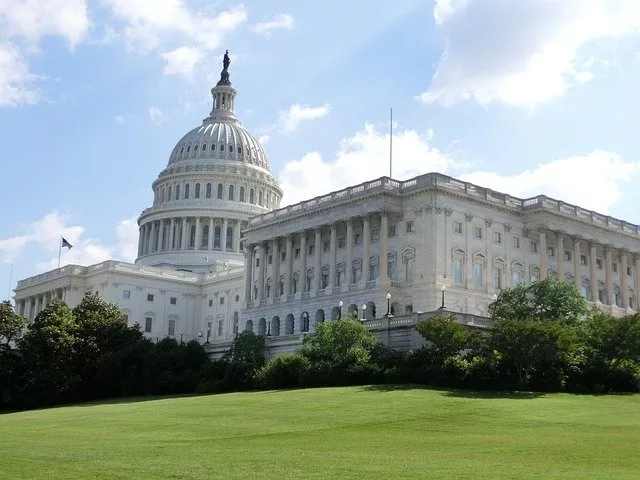Lawmakers introduced a bill to help schools apply for grants from the huge pot of money Congress had previously set aside for school mental health resources.
Introduced on March 21, the Creating Access and Resources in Education (CARE) for Student Mental Health Act aims to boost the number of qualified entities that could apply for the $1 billion set aside by the Bipartisan Safer Communities Act. Less than 3% of organizations that could qualify have applied for these school-mental health grants, according to a news release from Republican Texas Sen. John Cornyn III’s office.
“Far too many young people struggle with their mental health, and far too many schools lack the resources to recognize and care for students who may be in crisis,” Cornyn said in the release. “To break this vicious cycle, our legislation would help connect schools with the potentially life-saving mental health resources provided by the Bipartisan Safer Communities Act to hire additional school psychologists and invest in the wellbeing of their students.”
The release states that many qualifying organizations lack the awareness or administrative capacity to apply for grants to increase school mental health resources.
The Bipartisan Safer Communities Act, co-sponsored by Cornyn and Sen. Chris Murphy (D-Conn.), was signed into law in June 2022. It was a response to the mass murder at Robb Elementary School in Uvalde, Texas. The bulk of the bill provides funding for youth mental health and school-based behavioral health services.
Creating Access and Resources in Education (CARE) for Student Mental Health Act would clarify grant qualifications, require the U.S. Department of Education to improve the grant application process, streamline the grant process that increases the number of clinicians in schools, especially for “high-need school districts.” Higher education institutions may qualify for the grants as well.
The co-sponsors of the bill are Kyrsten Sinema (I-Ariz.), Thom Tillis (R-N.C.), Jon Tester (D-Mont.) and Maggie Hassan (D-N.H.).
“As the founder and co-chair of the Senate Mental Health Caucus, I’m committed to ending the stigma surrounding mental health and ensuring students have access to necessary resources and support services,” Tillis said.
Behavioral health reform continues to see interest and action in the nation’s capital.
Earlier this month, the Biden administration released a proposed budget for the federal year 2025 that includes billions in behavioral health, especially for addiction treatment-related initiatives. Just last week, U.S. Health and Human Services Secretary (HHS) Xavier Becerra testified before the House Ways and Means Committee, calling for action on Medicare telehealth flexibilities for mental health services, saying, “We can’t allow those flexibilities to expire.”
Other potentially significant congressional action includes the reintroduction of legislation that would increase Medicaid funding for behavioral health services and make certified community behavioral health centers (CCBHCs) a permanent part of Medicaid via the Consolidated Appropriations Act of 2024.



